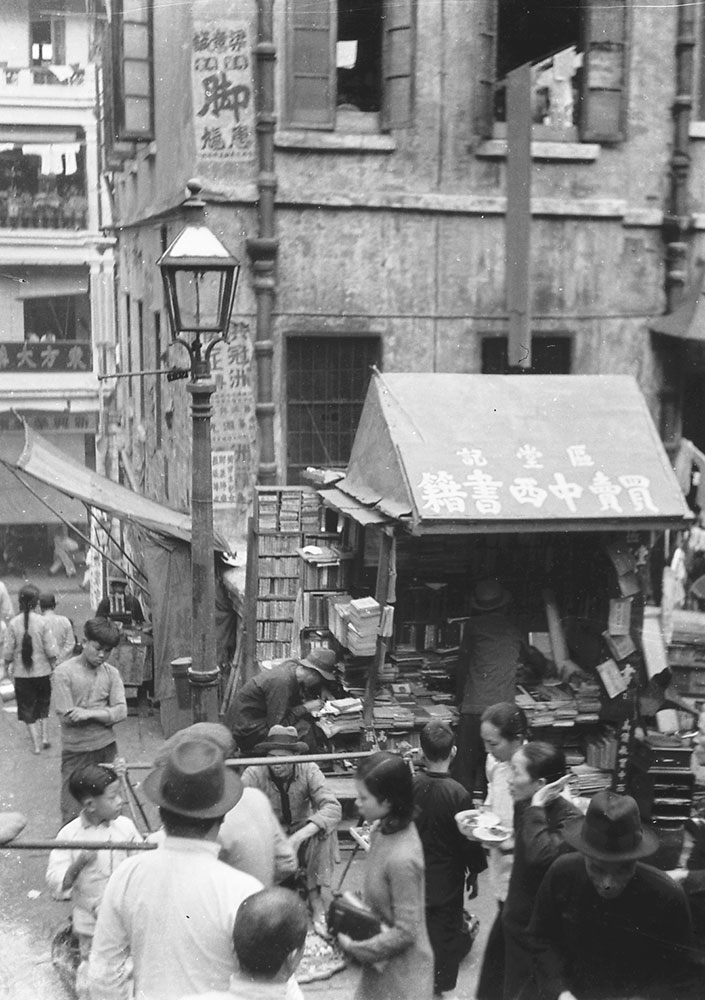The Hong Kong History Centre at the University of Bristol
We are historians with a capacious understanding of what the discipline can and should do. Outside the histories of health, it would be fair to say that Hong Kong was little incorporated into wider historical discussions until the 2000s. China historians resisted seeing it as a real Chinese city; and British imperial historians concerned themselves with bigger fry. The oncoming handover of sovereignty in 1997 prompted some wider interest, but mostly Hong Kong’s histories were insular, and very often administratively shaped: one British governor following another.
As with the Hong Kong History Project that preceded it, the Centre at Bristol has no specific thematic research agenda. We support excellent work brought to us by PhD applicants, postdoctoral and visiting scholars, or those joining our workshops or conferences – projects that use Hong Kong case studies to intervene within, contribute to, and reshape wider debates. Our funded projects have included ones on British citizenship, migration and mobility, histories of US imperialism, and histories of refugees and occupation. 1 We have projects in progress on youth, elite networks, Kai Tak Airport, working class mobilities, and British subjecthood in the great era of Asian migration, as well as projects exploring colonial governance, Chinese medicine, and Cantonese music in the diaspora.
Certainly, the ten years of this project have coincided with ten years of unwelcome and disheartening changes in Hong Kong, which have led to a significant break with its past. More than ever that past needs better understanding, and at Bristol we are doing just that, and training and nurturing emerging scholars to take their work into mainstream debates and departments.
We are also working actively with communities internationally, in person in Hong Kong and in Bristol, and online through video profiles of practitioners in and outside the academy. Bristol’s Faculty of Arts has a sustained record of engagement and co-creation with publics, and the Centre builds on that with its History Day events, community forums, and work supporting family historians.

Fig. 1: Book stall, pedlar, and shoppers, Hong Kong, c.1938 (Photo courtesy of Historical Photographs of China Project, Hutchinson Family Collection, reference Hn-d044)
We are also building an archive. Despite a nearly 200-year history of connectivity with its former colony, no institutional repository in the UK explicitly identifies Hong Kong as a collection development priority. HKHC has a team working within the University Library Special Collections who are cataloguing significant donations of material. Building on the Historical Photographs of China project, 2 we are building a Historical Photographs of Hong Kong platform. This strand of visual work already bore fruit with a collaboration with HK-based arts platform WMA and the Royal Photographic Society on an exhibition at the Bristol Photo Festival in 2024. The exhibition ‘Realms of Memory’ showcased new work by Hong Kong artists Billy H.C. Kwok, Jay Lau, and Lau Wai, inspired by historic photographs we hold.
We understand ‘Hong Kong’ as a subject providing a wide range of opportunities, as a city and a territory with a distinctive past that is entangled globally, and that has never been more alive than it is today. The accompanying essays showcase the work of some of our community of scholars that encapsulates this. Kelvin Chan looks at psychiatry and late colonialism, Hoi Ching Tracy Leung at government and youth after the Second World War, and Thomas M. Larkin shows how emerging digital humanities methods can map out novel understandings of the city. All chart new contributions in their fields, drawing on the richness and complexities of Hong Kong’s history. Centre website: www.hkhistory.net
Robert Bickers, FBA, is Professor of History and Co-Director of the Hong Kong History Centre. His most recent book is China Bound: John Swire & Sons and its World, 1816-1980 (2020). He is preparing a new history of Hong Kong.
Vivian Kong is senior lecturer in modern Chinese history and Co-Director of the Hong Kong History Centre. Vivian is a social historian of colonial Hong Kong, and her work has focused largely on the city and its global connections. She is the author of Multiracial Britishness: Global Networks in Hong Kong 1910–45 (2023).
Ray Yep is Research Professor and Research Director at the Hong Kong History Centre. He was formerly Professor of Politics and Associate Head of the Department of Public and International Affairs at City University of Hong Kong. His recent publications include Man in a Hurry: Murray MacLehose and Colonial Autonomy in Hong Kong (2024).